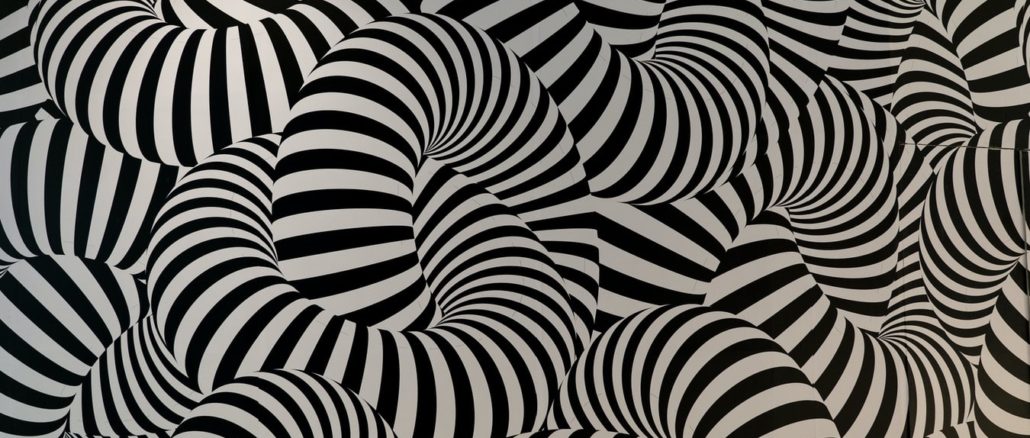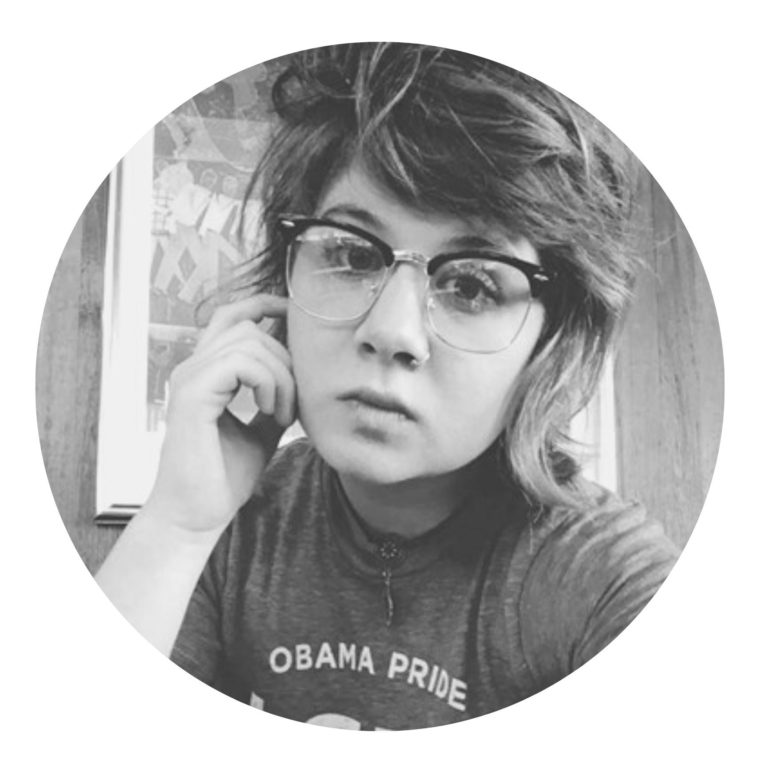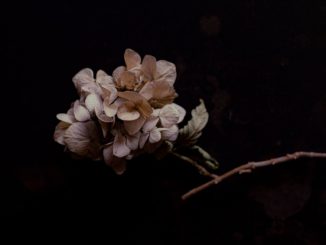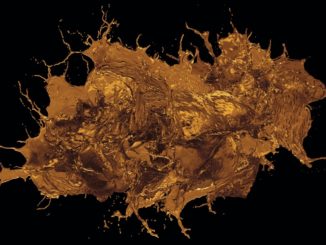
The first things she noticed about New York City were the taxis and the cigarettes. They were pulled out of time. People hailed cabs and smoked Camels like it was the 1950s, when women in platform pumps carved chickens for dinner and every airplane was one big smoking section, without the premonition of Uber or Vape pens. She bought her first pack and took her first ride. Apologetically, the driver asked her to kindly not light up inside the cabin. She threw her smoldering cigarette out the passenger seat window and watched, marveling, as the pedestrians milling about on the street paid no attention to the tiny fire flying past their line of vision. She felt a kinship with her taxi driver, The Only New Yorker Who Knew Her Name. They drove through the busy streets together, passing bundled up bikers and bars filled with flashing lights. As she sang along to the radio he turned up the volume, eyeing her in the rearview mirror. She displayed her memorization of Morissette lyrics and watched her own reflection in the window. They passed the Empire State Building and she was unable to differentiate it from any other large building. She wondered why Tom Hanks proposed to Meg Ryan above its flickering lights or why aliens landed on its mediocre structure on July fourth. After some thought she supposed it made sense for King Kong since it was a big building and he was a big monkey.
In a brisk jolt the taxi swerved to the curb. The sun had set and all she could see were dim lights illuminating from ordinary office buildings full of lots of people behind lots of desks entering lots of numbers into lots of spreadsheets and fantasizing about the bottle of wine they had chilling in the fridge at home. She swung her backpack around her shoulders and thanked Barry, the Only Person She Knew In New York, for the ride, before stepping out into the street. Smog clouds floated above the subway grates and into gyro mixtures around her. She’d told Barry a random address, something like, ‘Fourteenth and Broadway,’ impersonating Jennifer Aniston in Friends, stepping into a taxicab off to make poor life decisions. She observed her surroundings. She spotted a bench near some green. Not a park or even a tree, just a small clump of leaves sprouting beneath asphalt. She wondered if it was the only green she’d see. She wandered over, sat, began rolling a spliff, and watched lights turn off and on in tall buildings that weren’t the Empire State, but could have been if they tried. Beefy men in construction gear passed in front of the bench, then skinny girls in fur coats. A man in an oversized sweatshirt that smelled of old fish took the seat beside her. His boots were thick and brown, clean and sturdy. She thought of the men in their crumbling Adidas pushing shopping carts down the Embarcadero outside her apartment window. She touched a lighter to her spliff and offered it to him. He refused to meet her eyes. When the fire got to the end she considered throwing the butt directly into someone’s eyes, just to see if they’d notice. A tourist with a foam figure, or a man in a trench coat lathering ketchup on a hot dog. Instead, she threw it in the gutter and watched a door dashing biker wheel over its smoldering remains, carrying greasy noodles and fried pork to a penthouse suite on the upper east side. She turned to walk in the opposite direction, confident she could navigate the grid city.
After a few hours of wandering down numbered streets, she found the Marriott. There was a sign out front that read: “IT’S NOT OUR PROBLEM YOU’RE COLD”, and the entrance was blocked with a luggage cart. She worried that she’d be turned away, smelling of tobacco and wearing brown boots. The concierge looked her over, noting the nose ring and dime bag peeking out of her coat pocket, but couldn’t seem to turn down the magnetism of her employer’s Platinum Visa, paying for her room: four walls, a bed, and the view of an empty alleyway under construction. In the elevator she resisted the urge to jump at each floor, pushing the cart down a little further into oblivion, just to avoid thinking about her existence for a little white longer. Sliding the key card through the door handle, a green check mark lit up and signified she was allowed into the small space, free of rain, wind, and Times Square Elmos. She wished she could share beds the same way she could share smokes.
There were mini wine bottles sat in the fridge and she screwed off the wax handles before downing three. While drinking, there were channels to be flipped through on the flat screen TV and loose skin to pulled at from her cuticles. The honking of lost semitrucks barreling down Madison Avenue interrupted a news reporter’s monologue about fire-engulfed neighborhoods screwed over by PG&E and a video of a celebrity purposefully plummeting to his death off the balcony of his mansion.
Growing up, there had been stories about failed suicide attempts off the Golden Gate Bridge passed around at dinner parties in the East Bay. During high school, guidance counselors had used Wikipedia articles to teach Intro to Psychology students about the thousands of human beings who had jumped off the bridge like a diving board in the middle of summer camp. They sailed down towards the Pacific Ocean and into the bottom of the world. A man with shaggy black bangs and a snake neck tattoo visited the cafeteria. He told his tale of hanging from the wet railing to a group of adolescents slurping string cheese off pepperoni pizza. He said he couldn’t recall much, but he swore that in between blackouts he’d seen dolphins pushing him to shore. Not many hands went up when prompted for questions, but a boy with an infected ear piercing asked if he’d felt afraid of the dolphins, since they’re known for raping people and all. The man shook his head ‘no’ before getting up to leave. A few girls who smelled like flowers cried onto the stained bleachers.
During a commercial break she opened more bottles of wine and danced to a Humira ad in bed. The wine was sweet Gatorade and the air was a hornet’s nest. Tomorrow was empty. Tomorrow was work, and tights, and photo copying. Tonight was bright. Tonight was 24-hour Taco Bells, Patti Smith’s old stomping ground, and warm wine. As soon as the president appeared on the oversized screen, forcing his little fingers into an “O” shape and slurring, “Stupppenndousssss”, like a stroke, she knew she had to leave. She snatched her coat, newly purchased pack of cigarettes, and keycard, tucking them all into her trouser pockets and incessantly pushing for ‘Lobby’ in the elevator. At each floor she jumped, forcing the cart a little further down each time.
She marched through swinging doors into gluey air, avoiding the face of both her watch and concierge. Cold winds billowed around dirty newspapers detailing the death of democracy. A Bic lighter helped her stay warm as she stuck the tiny flame up to the tip of some solid phenol particles wrapped in paper. Google informed her that she was two miles away from the Empire State Building. She went south towards smaller street numbers, excited just to be walking past late-night pizza joints the size of cellars and gruff men in bandanas standing behind mini marts on wheels selling magazines and candy bars. Everywhere she went was New York City. Everywhere she went was John Lennon posing for pictures and sailors kissing their wives after the war. Everywhere she went was corporate money and free spirit artists with family bank accounts filling their grocery carts. Everywhere she went was literary canon.
Her pack was half empty by 80th. She felt her feet hitting the pavement match her lungs inhaling rat poison. Each snare beat felt encouraging, each conversation between friends, passing around a bottle of beer, engaging. Music from a computer plugged into speakers assaulted pigeons on wires picking at their only leg. She found a podcast that detailed the history of the Empire State Building and pressed play, jamming earbuds against the sides her face and wedging deeper and deeper blisters into her ankles as she walked.
The podcast informed her that the building is very famous due to the fact that it is very tall. “It’s a very tall building!” the podcast pronounced, the tallest in the world in fact, at some point in time. Plus, it’s very ‘art deco’ and was conceived by a car salesman named Walter Chrysler, who described it as a ‘monument to me’. She had mistakenly assumed that the history of the Empire State would contain more ghost stories and frantic 21st century apologies about unpaid labor. Instead it contained bragging about quickly ballooning from a hole in the ground to a skyscraper and being modeled after the ‘iconic’ Carew Tower in Cincinnati.
An American Army Lieutenant named William F. Smith once crashed his plane into the 79th and 78th floors, killing himself and fourteen other people. Firefighters extinguished the flames within forty minutes and two days later it was open for tourists, selling t-shirts, smog filled views, and easily forgotten memories. That same year Betty Lou Oliver felt the rhythm of her heartbeat slow down and down to less and less as she stood in the elevator that was dropping through seventy-five stories, plummeting towards severed elevator cables slithering in the subbasement. The story is considered a happy one because she only broke her neck and her back but not her spirit.
Then the podcast said her name. She felt the urge to mute everything and listen to the dark world. Instead, she turned it up. The name is Evelyn McHale. She is “The Most Beautiful Suicide”, an iconic photograph snapped by a shy graduate student four minutes after her death, hands laced in delicate white gloves, feet bare and naked, lying serenely on the roof of a crumbled black car, metal folded around her like bedsheets. Detectives found her suicide note folded neatly next to her coat on the top of the tower. Could you destroy my body by cremation? She wrote, I beg of you and my family — don’t have any service for me or remembrance for me.
But, they couldn’t do that. She was so pretty. Her makeup was daisies, even in death. A reporter with a chunky red tie and long Upmann cigar speculated that she could be “daydreaming of her beau”, in an eternal face of euphoric calm etched on postcards, posters, and t-shirts bought and sold on Redbubble. We couldn’t let her die. Instead, We had to consume her. We had to force tubes of oxygen down her throat with plastic straws and slap electric oven mitts to her chest before screaming, “CLEAR!”, and pulsing her body full of sweet honey nectar. We had to force her back to life in the cover art of that Pearl Jam record growing dust in the basement, in the beginning of that Taylor Swift music video, where Selena Gomez pushes her from a tall window, towards a crushed black car over lyrics about blood. In David Bowie’s “Jump They Say”, watched on YouTube every afternoon after school, eating Annie’s Cheddar Bunnies, and gazing at the pretty people, resting on the roof of that godforsaken dented black car. Her image. His. Yours. Evelyn dying and Taylor singing and Bowie being beautiful, always, and all at once. Her dying wish to be long forgotten forever perverted with backup dancers and pop art.
The podcast broke for a commercial break to sell hard seltzer drinks. Our narrator looked up and gasped. Out of the gooey blackness a long needle pierced the sky, illuminated in a golden white light. She spread out her coat on the litter-infested pavement and sat beneath the awning of a Chase Bank. She began rolling. She sat and smoked, watching the tip of the sky, terrified that something would happen, Yann Arnaud twisting in a velvet rope before a Cirque du Soleil sold-out crowd, flailing and falling to the hard thud of stage left, his death met with a completely silent white dome. She thought about writing a short essay of some kind involving Evelyn McHale but decided against it. Andy Warhol, Radiohead, and Empire State Building podcasts could use Evelyn for fancy metaphors about art romanticizing death, but not her.
After a few moments of stars and airplanes racing around across the black canvas, a boy in basketball shorts slouched against the wall of the Chase Bank a few feet away. He had a backpack and a skateboard. She offered him her spliff. He stared at it for a while before taking it from her fingers and sticking it in his mouth. He squeezed his eyes closed and inhaled it in as if he were a character in a Richard Linklater film. They didn’t say anything as they watched the human population not kill itself by jumping off skyscrapers for at least the next few moments.
Anita Levin
Anita Levin uses a magic eightball to make major life decisions. She no longer thinks about jumping. She has been published in numerous literary journals, in print and online, and is currently pulling the strings at HASH Journal and Press as well as working towards her MFA at Mills College in Oakland, California.
Featured image: Artwork by Nick Fewings on Unsplash.



